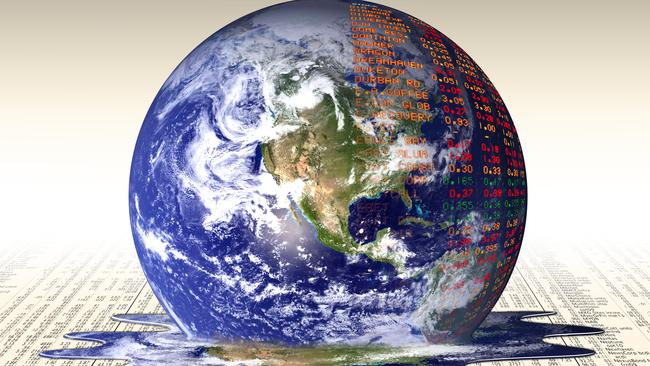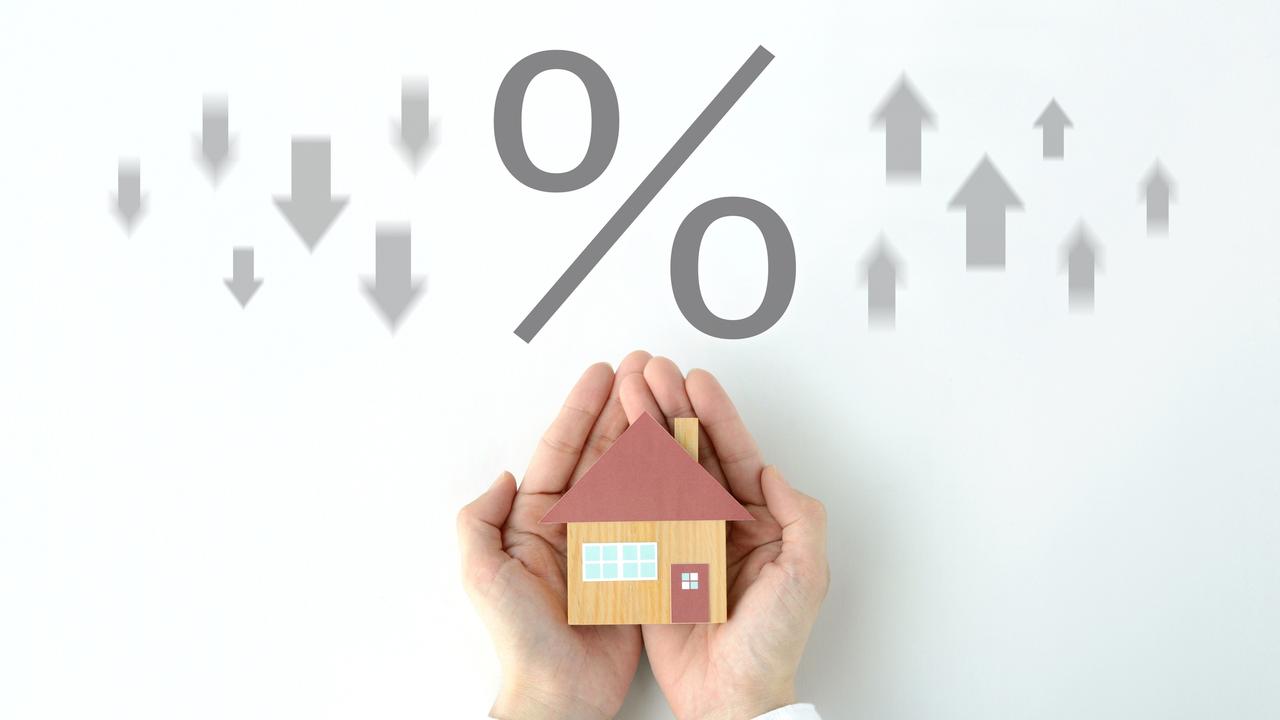
We have just seen about 10 per cent sliced off the sharemarket in a week … and that hurts! It hurts even harder on the ASX where all the eye-popping gains we made since the start of January have been obliterated.
It’s awfully easy to say we had it coming. But, we had it coming.
After all, one of the world’s biggest stockbrokers, Morgan Stanley, only weeks ago said: “Australia now has the dubious honour of being the world’s most expensive share market.”
Morgan Stanley and a range of like-minded analysts have been saying it for months – you can’t have a flat economy and a roaring sharemarket. At least you can’t have that situation for very long.
But beneath this week’s action is a deeper fear that this market sell-off is not a typical over-reaction to a scare, rather a rational correction that reflects the new reality that coronavirus might push the global economy into a recession.
Like a summer storm when it finally hits, the impact has been fast and furious. Leading industrial stocks and miners have fallen in line with the market, but particularly harsh treatment has been reserved for two sectors – technology and energy.
Some of the fastest growing stocks of last year have been sold off with a vengeance (Software group WiseTech Global is now down more than 50 per cent from its top last year). Interestingly, the consumer finance group Afterpay has not been offloaded to any great degree – the “buy now pay later” company has held up fairly well all things considered, falling from $38 to around $33.
The big three oil and gas stocks - Woodside, Santos and Oil Search - have endured a brutal investor offloading due in part to a lower oil price, but also no doubt reflecting a change of sentiment away from fossil fuels.
For new investors who have led the 50 per cent jump in the amount of money flowing into Exchange Traded Funds, this will be their first real taste of what it’s like when a market takes a dive.
Moreover, the promise of ETF funds to perfectly match the wider market performance will be felt acutely in a range of super funds.
Longer-term investors will wait this out. Yes, global growth may slow - Australia too may fall into recession - but the reality is that investors have very few other places where they can make real money in a low inflation, low interest rate environment.
For years now the ASX has been slammed as a laggard market that cannot hold a candle to the US.
In terms of price growth, this is true, but our major companies pay an average of more than 4 per cent in dividends each year whatever direction their share prices take.
That dividend yield is going to be even more valuable if rates get cut again.







